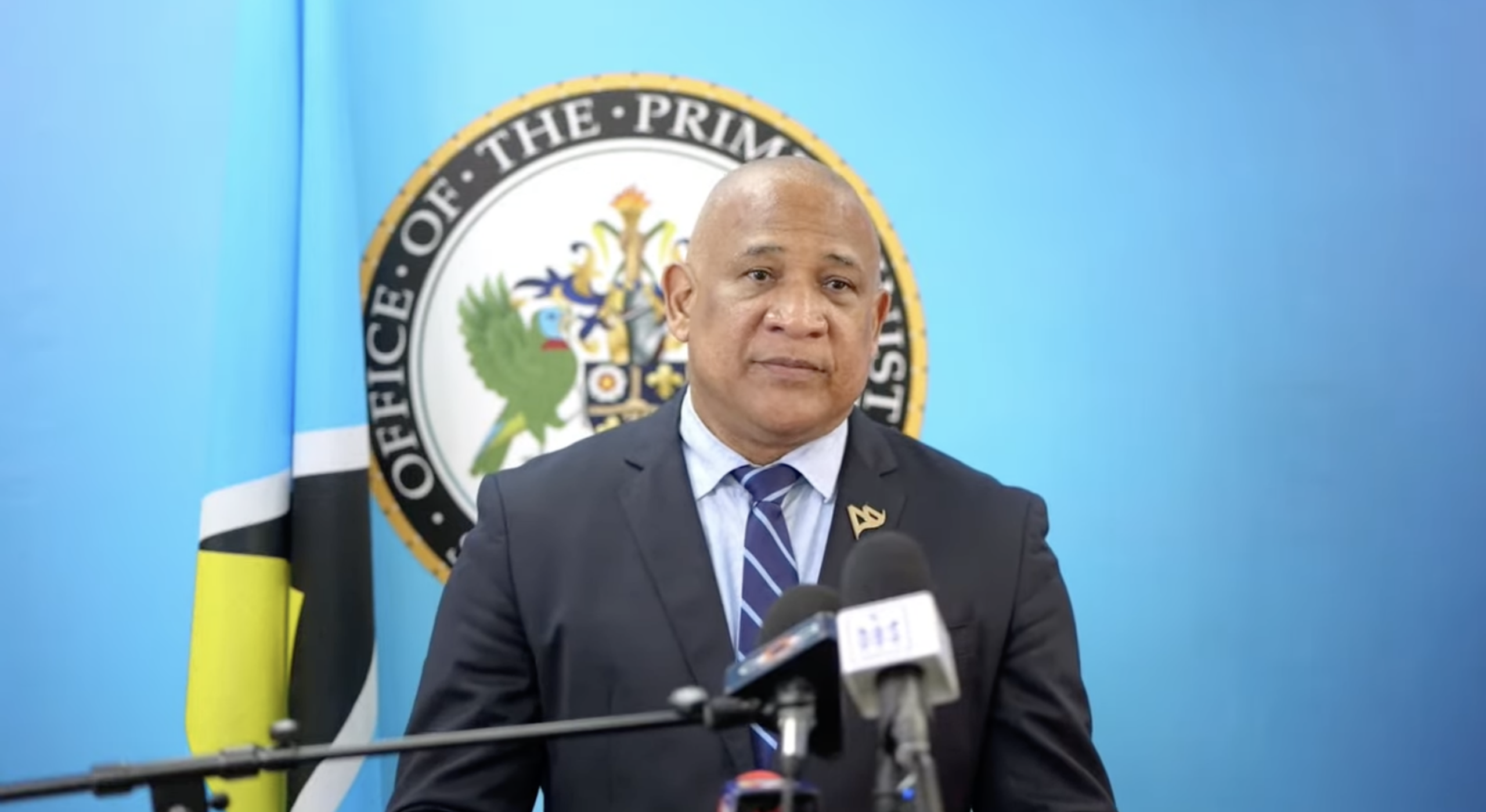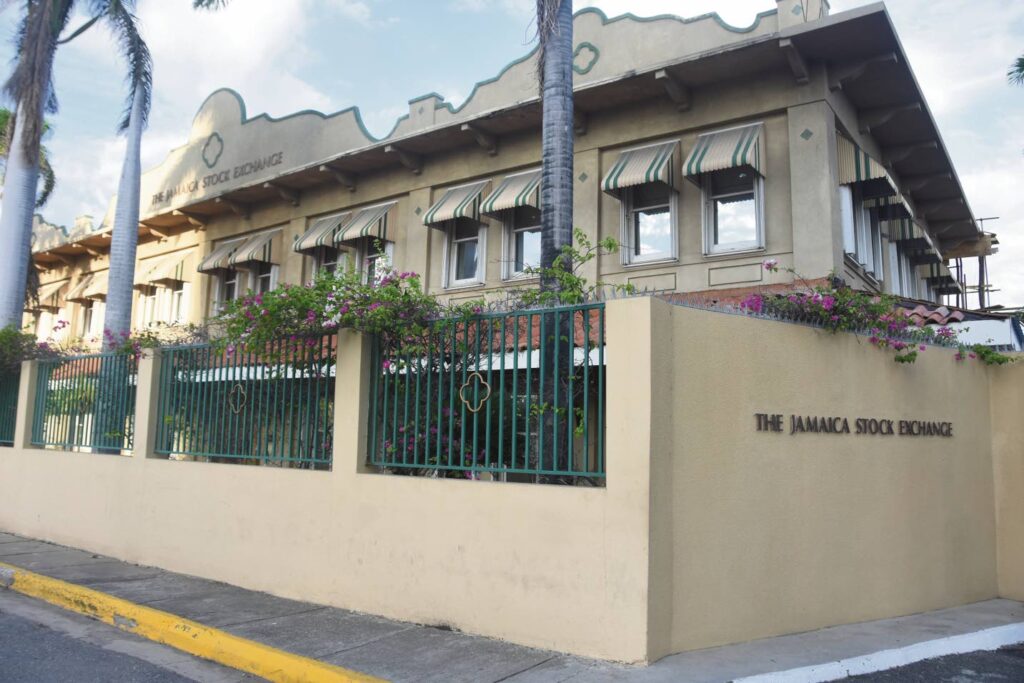The Residences at Nikki Beach Resort & Spa Antigua have unveiled their highly anticipated interior designs and premium amenities through newly released architectural renderings. This development introduces a sophisticated interpretation of Caribbean luxury living, merging the brand’s renowned barefoot-luxury ethos with exclusive residential comforts.
Architectural and design elements draw direct inspiration from Antigua’s natural landscape, incorporating a soft color palette reflecting the island’s turquoise waters and pristine white sands. The interiors showcase light-filled living areas adorned with natural textures and refined contemporary finishes. Each residence has been meticulously designed to facilitate seamless indoor-outdoor living through open-plan layouts, expansive terraces, and spa-inspired primary suites that capture breathtaking island and ocean vistas.
The residential experience extends beyond private units to include comprehensive amenity spaces that translate Nikki Beach’s iconic social atmosphere into an exclusive private environment. Property owners will gain access to a dedicated beach club, oceanfront swimming pools with premium cabanas, state-of-the-art wellness and spa facilities, and carefully curated lifestyle spaces designed to foster both social connection and personal relaxation.
This development represents a significant evolution in Caribbean residential design, creating a fully integrated resort-living experience where luxury hospitality, lifestyle programming, and high-end architectural design converge. The project offers a turnkey solution for investors and homeowners seeking both premium vacation accommodation and sophisticated residential living within one of the Caribbean’s most prestigious destinations.
The newly released visualizations, credited to The Residences at Nikki Beach Resort & Spa Antigua development team, provide prospective buyers and investors with comprehensive insight into the project’s architectural vision and luxury offerings.









